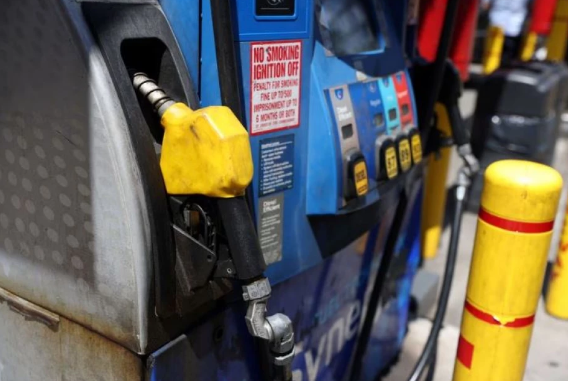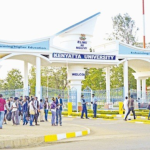The Kenya National Highways Authority (KeNHA) has emphasized the significance of the Road Maintenance Levy Fund (RMLF) in enhancing road infrastructure nationwide.
Recently, the government faced criticism for increasing the RMLF from 18 percent to 25 percent, a change that will ultimately impact consumers. This levy is charged at the pump for every liter of petrol or kerosene purchased by motorists.
KeNHA explained that the funds collected from the levy are dedicated to improving existing roads to ensure they meet quality standards, thus maintaining safety and reliability for all users. The Kenya Roads Board (KRB) oversees the collection of the levy and its distribution to various road agencies, including KeNHA, Kenya Urban Roads Authority (KURA), Kenya Rural Roads Authority (KERRA), and Kenya Wildlife Service (KWS).
Once collected, the fund is allocated for road maintenance and repairs, with the clarification that road agencies cannot use it for the construction of new roads. KeNHA noted that the RMLF does not cover maintenance for tolled roads, allowing the funds to be directed toward other road projects.
For example, the Nairobi Expressway operates under a Public-Private Partnership (PPP) agreement with China Road and Bridge Corporation (CRBC), which involves tolling the road for 27 years to recoup the invested funds.
“In the event of successful tolling, the collected fees will then be used to maintain and rehabilitate the specific road that they are collected from. This could free RMLF to fund new road projects as the tolled roads may not be candidates for the RMLF fund,” KeNHA said.
“KeNHA remains committed to work within the approved policies set by the Kenya Roads Board to ensure that the funds are used efficiently and transparently to improve the safety and quality of highways for all Kenyans.”



